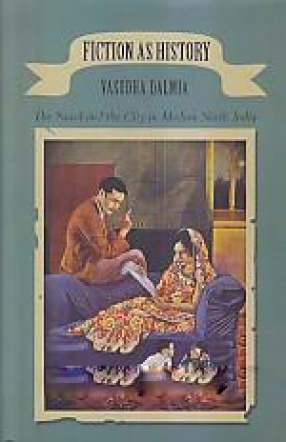
Vasudha Dalmia

Showing all 12 books
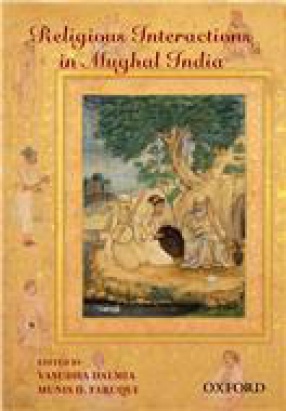
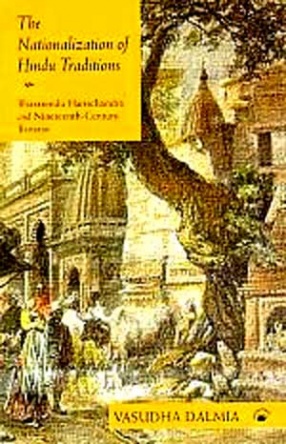
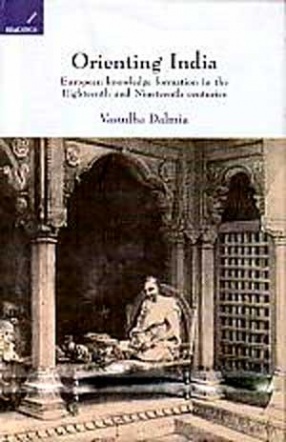
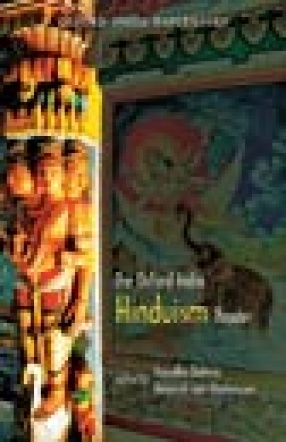

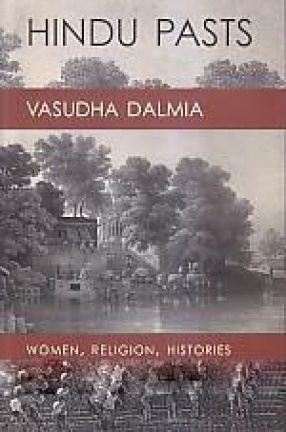
This book studies Hindu religious traditions, sects and histories which came to comprise the Hinduism of the nineteenth century. The essays take up Max Muller's study of the Vedas; the building blocks of colonial knowledge formations, law-making and pedagogy, and the significance of the Banaras Sanskrit College in this; components of the Vaishnava Bhakti tradition; early vernacular novels that contributed to development of the modern Hindi novel and the history ...

Hindu-Muslim interactions in medieval and early modern India have been mostly studied in monolithic or antagonistic terms. This volume not only explores the multiplicity within a given religious tradition but also focuses on the exchanges across the various religious communities in north India from AD 1500 to 1800—thereby presenting a panoramic view of religious interactions during the period broadly regarded as Mughal.
Drawing on a wide range of sources, ...

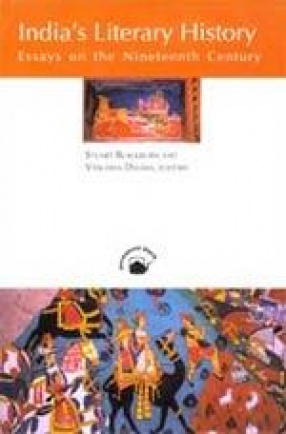
The recent convergence of literary and historical theory has made literary history one of the most exciting fields in the humanities. New frameworks for understanding literature and its relation to history have emerged. The cultural conditions of creating texts as well as the textual production of cultural meaning are now important aspects of literary history. This book, the first major reassessment of literary history in nineteenth-century India for a ...

These three essays, by Vasudha Dalmia, explore the ways in which Europeans-British colonialists and German philosophers and scholars—appropriated Indian history, religious scholarship, and ritual practice to assert their own relationship to India and Indians, and even more so, their relationship to their own past and sense of present duty, right, and mission. In these European attempts to orient India to their own designs, justifications, and ...
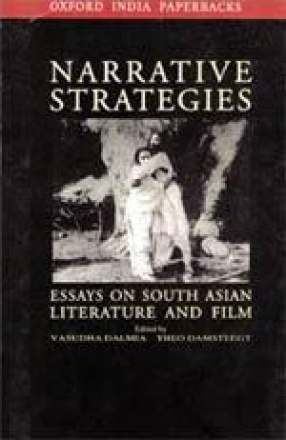
The fifteen essays collected in this volume present analyses of a wide variety of modern and pre-modern South Asian narratives in Bengali, Hindi, Panjabi, Tamil, and Urdu. While classics such as Hir Varis Shah, Krittibasa’s Ramayana, Ruswa’s Umrao Jan Ada, and Phalke’s pioneering film venture Raja Harischandra come under discussion, texts less widely known, though equally significant, are also analysed in vivid detail. A wide range of analytical methods are ...
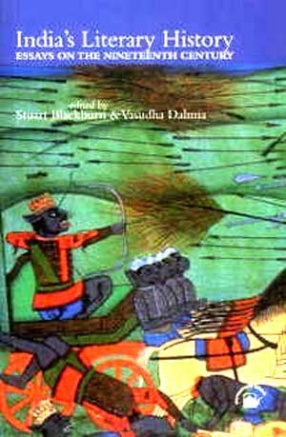
This book, the first major reassessment of literary history in nineteenth-century India for a generation, opens up this emerging field of literary history to nineteenth-century India. Its essays emphasise the making of literary history, the process of canonisation, the reinvention of literary tradition, and the writing of literary history itself.A central premise of the book is that when European literary cultures arrived in India, they came into contact with ...
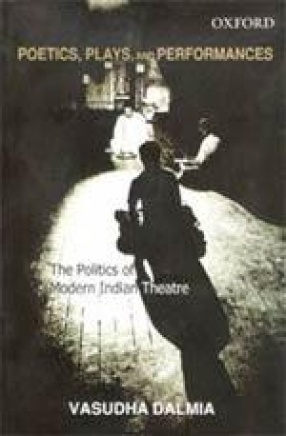
This book addresses the political and aesthetic concerns of modern Indian theatre, tracing its genealogies, and looking in particular at its appropriation of ‘folk’ theatre, as it sought to constitute itself anew after indenendence. In the heady early decades of the nation’s self-discovery, it seemed natural to turn to Hindi as the national language of production. What theatrical practice could this newly realized 'national' theatre invoke? Was there ...
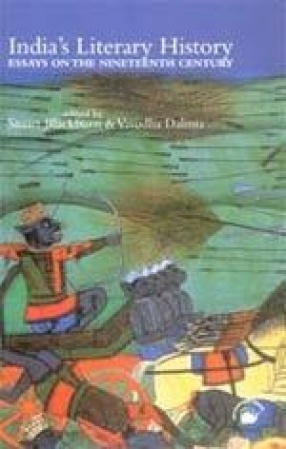
The convergence of literary and historical theory has made literary history one of the most exciting fields in the humanities. This book, the first major reassessment of literary history in nineteenth-century India in a long time, comprises essays which analyse the making of literary history, the process of canonization, the reinvention of literary tradition, and the writing of literary history. A central premise fo the book is that when European literary ...

In the nation states of South Asia, religion continues to play a central role in public life, and religious movements of various hues and vintage continue to offer vital sources of personal and collective identity. Recent academic discussions have tended to concern themselves with contemporary fundamentalist trends which have come to dominate politics, though there have also been readings against the grain, investigating the plurality of traditions that have ...

This reader examines the genealogy of modern Hinduism. It traces the key moments in the formation of Hindu traditions as well as the major shifts in their configurations. The endeavour is not only to dismantle colonial and nationalist constructions, but also to seek viable models to reconstruct past traditions. A comprehensive introduction locates the importance of various essays in understanding the processes moulding modern Hinduism.
